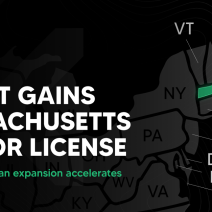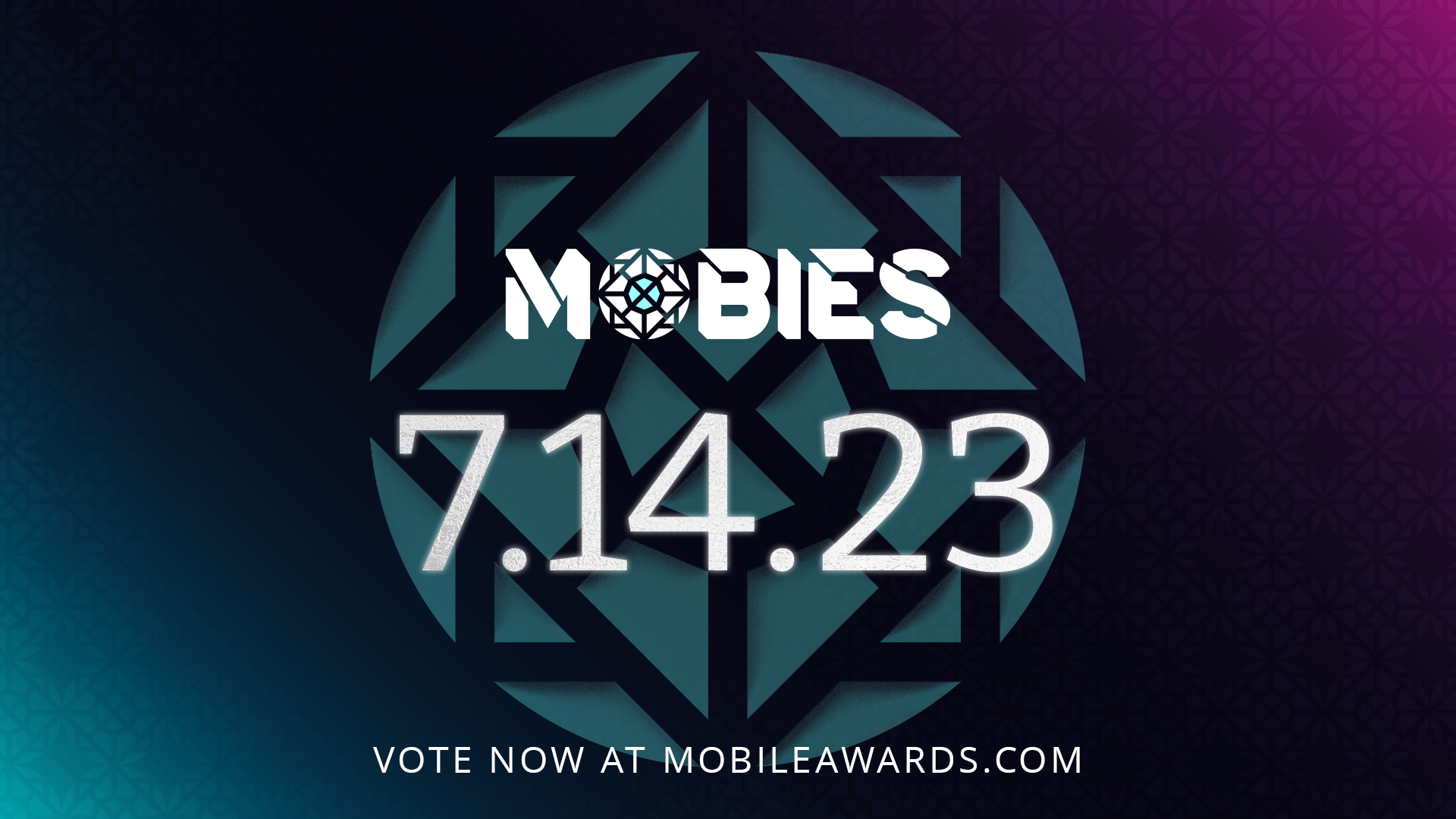
Flop, turn, river; how has US gambling evolved in the last five years?
Gambling has been a part of American culture since the colonial era. Would you believe that the first recorded gambling activity in the US was purportedly in 1620 when the Pilgrims landed on Plymouth Rock and held a public lottery to finance their colony.
Safe to say then, gambling has been a popular pastime in the US, particularly considering the strength of their sporting industries, which are bastions of the continent’s financial and social landscape.
The federal government had a strict stance on gambling, and it was mostly illegal except for a few states like Nevada. The Professional and Amateur Sports Protection Act (PASPA) prohibited states from authorizing sports betting, with a few exceptions.
But in May 2018, in the case Murphy v. National Collegiate Athletic Association, the US Supreme Court overturned a federal ban on sports betting, which had been in place since 1992. The decision declared PASPA unconstitutional, giving individual states the power to legalize and regulate sports betting as they see fit.
The move to legalize sports betting has had a significant impact on the gambling industry. It has opened up a new market for sports betting, creating opportunities for casinos, sportsbooks, and online betting platforms, much like casino sites and affiliates in the UK that have been legal in the UK for many years.
This year’s Super Bowl was the first played in a state — Arizona — with legal sports gambling and online sportsbooks reportedly received 100 million “pings” through betting apps during the game, bringing in an estimated $1 billion.
This leap in activity has been pounced on by major sports leagues too, sportsbook sponsorship driving overall NFL sponsorship revenue to a record $1.8 billion in the 2021 season.
Thirty three states, including Washington D.C. and Puerto Rico have legalized the practice and reaped billions of dollars of previously untapped revenue. In fact, the American Gaming Association estimates that the sports betting market could be worth up to $150 billion annually.
Online sports wagering is available in 23 states and one territory.
The legalisation of sports betting has not only created new revenue streams for the gambling industry but also for the economy as a whole. Casinos and sportsbooks have created jobs in local communities, with some states experiencing a surge in tourism. Moreover, the tax revenue generated from sports betting has been significant. For example, in New Jersey, sports betting has generated over $100 million in tax revenue since its legalization in 2018.
The Supreme Court’s decision on sports betting has also paved the way for the legalisation of online gambling, which had previously been illegal in most states. But now, several states have since opened their doors to it, including New Jersey, Pennsylvania, and Delaware. Online gambling has become a popular option for many people, and it has the potential to generate significant revenue for states that legalise it.
While there have been many positive economic effects, it has also raised concerns about its social impact. Gambling addiction is a serious problem that affects millions of people worldwide, and some fear that the legalization of gambling could exacerbate the problem. However, states that have legalized gambling have implemented measures to address gambling addiction, such as education programs and support groups.
Despite the potential benefits of gambling legalisation, there are still those who oppose it. Some religious groups argue that gambling is immoral and should be banned, while others fear that it could lead to an increase in crime and other social problems.
“The legalization of sports gambling requires an important policy choice, but the choice is not ours to make,” Justice Samuel A. Alito Jr. wrote in the case’s decision, highlighting the moral imperative behind the choice to gamble or to not.
Ironically, the states that are furthest away from permitting online sports betting may be the three biggest states by population: Texas, California and Florida. Texas could possibly legalize in the near future but there has been pushback from the state officials, including Governor Greg Abbott.
California and Florida have had difficulty passing legislation due to Native American tribes, which see the emergence of gambling legalisation as a siphon into their profits. This battle in particular could be one to monitor in the coming months and years. Challenges have already begun in the relations between casino operators opening in states where Native American operations have historically held the monopoly.
However, supporters of gambling legalization argue that it can be regulated and controlled, and that the benefits outweigh the risks. The increased cash flow would bring in funding for essential public services like healthcare and education.
It’s clear that this is a new era for the industry in the US. With more states expected to legalise sports betting and online gambling, the industry is poised for significant growth.
In a recent interview with The Conversation, Keith Whyte, executive director of the National Council on Problem Gambling, said roughly 25% of American adults bet on sports, up from 15% before the Supreme Court ruling.
Does that mean that even when more states legalise the practice, will a significantly higher percentage of the US population start and continue betting or has the ceiling been reached?
“I think it’s changing the market in a lot of ways,” Whyte said, “but my guess is it’s mainly to increase the intensity – and associated risk of problem gambling – among fans that were already engaged fans.”
The future of gambling in the US is still uncertain, with debates about its social impact and regulation ongoing. Where the UK is arguably reeling back in the power gambling companies hold over advertising and market activity through the government’s upcoming White Paper, the US is taking off.
As the industry continues to evolve, it will be essential to strike a balance between economic benefits and social responsibility but one things for certain, the US has a baked-in love for gambling and given the stratospheric success of sportsbooks across the nation since the 2018 ruling, it is unlikely to dampen anytime soon.











